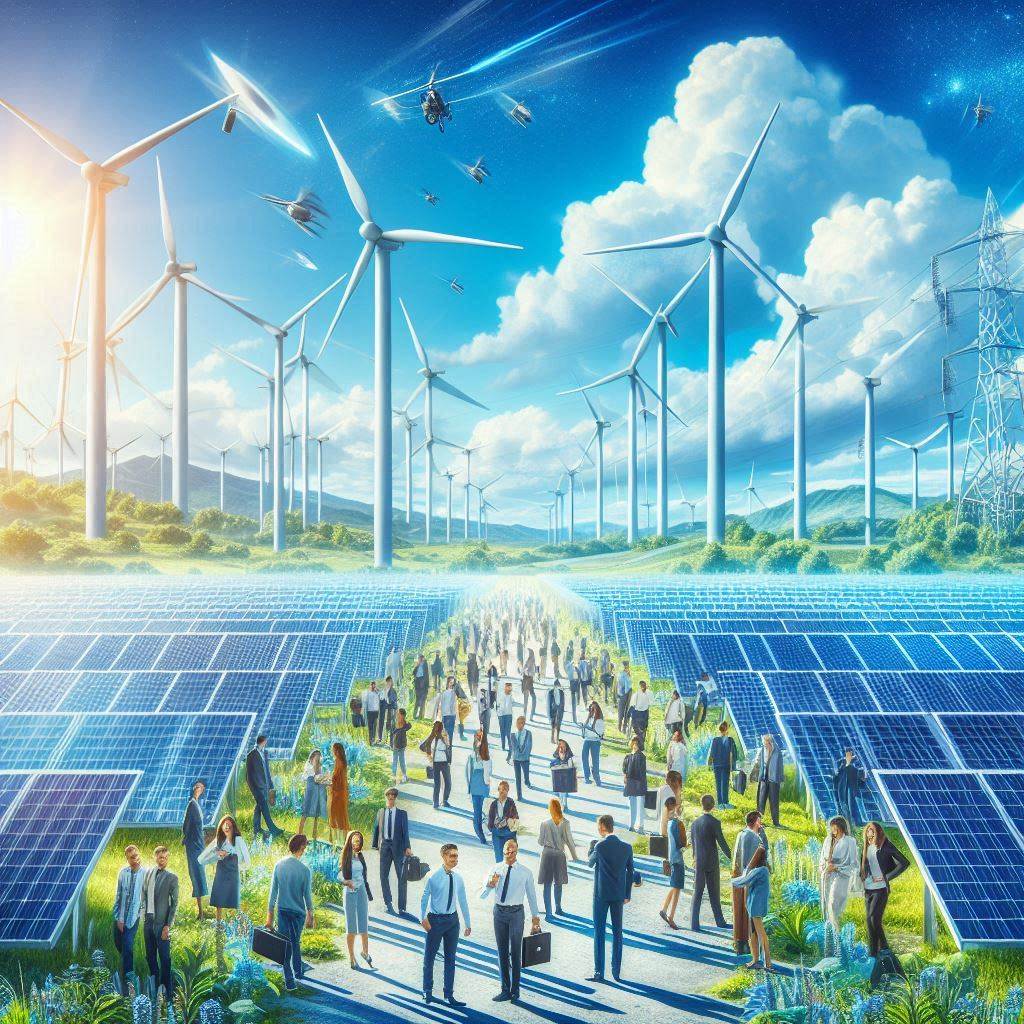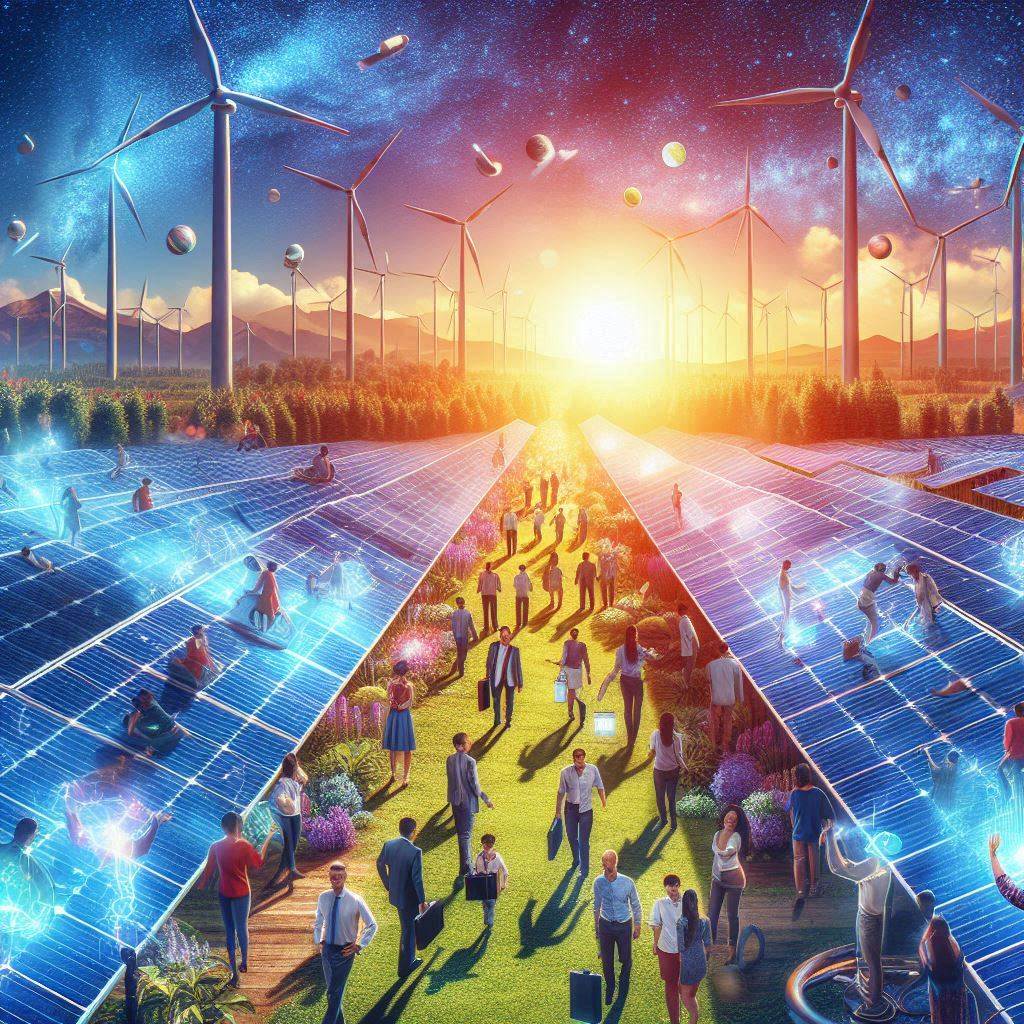Imagine standing at a crossroads—one path leads to a world engulfed in smoke, with factories spewing pollutants into the air, oceans darkened by oil spills, and lands stripped of their natural beauty. The other path, however, is bathed in golden sunlight, where the wind hums through turbines, rivers dance with energy, and homes are powered by the sheer brilliance of nature. This second path is the promise of alternative energy sources, an opportunity to embrace affordable and clean energy that is both sustainable and cost-effective.

For centuries, humanity has depended on fossil fuels, much like a traveler relying on a single dwindling lantern in the dark. However, with advancing technology and growing awareness, a new dawn has arrived—one where solar, wind, hydro, and geothermal energy light the way to a greener and more responsible future.
1. Affordability: Investing in the Future
One of the greatest advantages of alternative energy sources is that they are becoming increasingly affordable. Installing solar panels, for example, is like planting a money tree—though it requires an initial investment, it yields long-term financial benefits. Many governments also offer tax incentives and subsidies for adopting renewable energy, making it an economically wise decision.
Moreover, unlike fossil fuels, which are subject to market fluctuations and price surges, clean energy comes from sources that are abundant and freely available. The sun does not charge for its light, nor does the wind demand payment for its breeze. By tapping into these resources, families and businesses can save money on electricity bills while ensuring a steady, reliable energy supply.

2. Versatility: Powering Every Aspect of Life
Just as water takes the shape of any vessel it is poured into, alternative energy sources are highly versatile. They can be used for numerous applications, from heating homes and lighting cities to running industries and charging electric vehicles. Solar power, for example, can not only generate electricity but also provide hot water, run appliances, and even support agricultural activities like greenhouse farming.
Similarly, wind energy can power entire communities, while hydropower can generate massive amounts of electricity for urban and rural areas alike. Geothermal energy, drawn from the earth’s internal heat, provides sustainable heating solutions without polluting the environment. This adaptability makes renewable energy an essential part of our daily lives, seamlessly integrating into modern society.
3. Meeting Everyday Energy Demands Responsibly
Energy is the heartbeat of civilization—it powers our homes, fuels our industries, and drives technological innovation. However, relying solely on fossil fuels is like overfishing a lake without giving it time to replenish; eventually, the resources will run out.
By transitioning to affordable and clean energy, we ensure that our energy needs are met without exhausting the planet’s limited reserves. Unlike coal and oil, which take millions of years to form, renewable energy sources replenish themselves naturally. The sun will continue to shine, the wind will keep blowing, and rivers will keep flowing, providing a continuous and sustainable power supply for generations to come.



